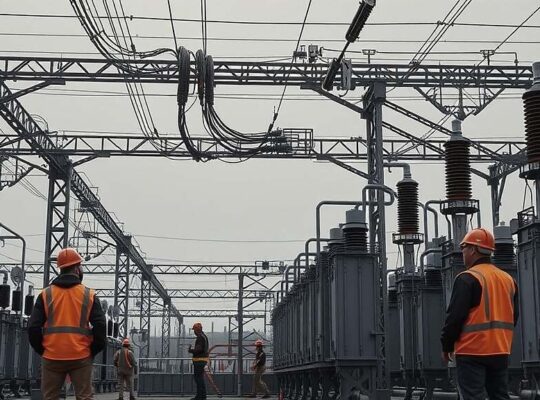The largest German health insurance provider, Techniker Krankenkasse (TK), has vehemently condemned the Bundesrat’s decision to refer a proposed austerity package aimed at stabilizing health insurance contributions to the Mediation Committee. This move, according to TK CEO Jens Baas, sends a “fatal signal” to millions of contributors and the German economy, potentially jeopardizing the long-term stability of the system.
The Bundesrat’s intervention, effectively stalling the already modest savings measures, places significant pressure on health insurers as they finalize their 2026 budget planning. Baas argues the minuscule proposed cuts, roughly equivalent to €2 billion, were inadequate to prevent contribution increases even before this latest setback. He expressed frustration that the Länder (state governments) were pushing the system closer to crisis, placing the burden squarely on policyholders.
The crux of the disagreement revolves around a proposed adjustment to the “most-favoured-nation clause” impacting payments to hospitals. Baas insists hospitals won’t lose funding, but rather, payments will be aligned with the actual increase in costs – a measure carefully designed to mitigate financial strain on the insurance funds. This, however, has failed to appease the Bundesrat.
The DAK health insurance provider echoed TK’s criticism, describing the situation as a “health policy debacle”. DAK CEO Andreas Storm characterized the promise of stable contributions as collapsing, highlighting a fundamental flaw in the current system. He warned that the delay in achieving consensus means any potential compromise will likely arrive too late to be incorporated into next year’s budget, virtually guaranteeing further increases in contribution rates.
Experts are now questioning whether the existing framework for healthcare financing in Germany is sustainable, with some suggesting a fundamental overhaul is necessary to prevent recurring crises and ensure affordability for the population. The political fallout is expected to intensify as the debate over the future of the German healthcare system escalates.












